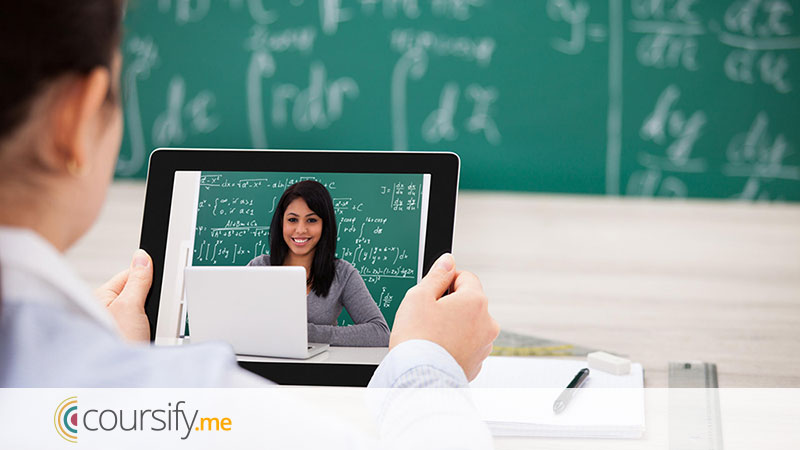Improve your online course using 3 models of interaction
All we have been students at some time, and as such, I dare say that all we tried boring classes. In classrooms as in an online course, unfortunately, many teaching methodologies are quite outdated and failing increasingly in captivated the student and catch his attention.
One of the biggest problems is in the habit of many teachers in keeping their students only as observers, not offering opportunity of interaction or participation.
Is easier for the students get distracted when they only observe. Interact, participate, leaves the class more interesting and therefore it becomes more effective. For this reason, we approached in this post the three main means of interaction to be considered when planning a class.
Learn how to interact with the student and make your online course more effective
According to Dr. Michael G. Moore, Professor Emeritus of Education at the Pennsylvania State University, there are three types of interactions essential to encourage the learning and the engagement of the student. They are:
- Between student-student
- Between student-teacher
- Between student-content
According to Moore, who is also a specialist in distance education, many e-learning programs make the mistake to concentrate on just one type of interaction and ignore the rest.
For that doesn’t happen to you, know about the types of interactions and ensures the effectiveness of your online course.
Between student-student
This is the interaction between colleagues, students who attend the same classroom, do the same course. This type of interaction can occur with or without the participation of an instructor.
Especially when it comes to an online course, is a common teacher forget that social interaction plays an important role in the way people learn. Individuals feel more motivated to learn when they are in a group, which increases their engagement and facilitates learning.
Encourage your students to interact with each other. Create a learning environment where they can participate, give their opinion, discuss and receive feedback. In an online course is easy to do this using the technology. Start debate forums, schedule chat sessions where they can participate to discuss some specific subject or use groups in social networks. Resources are not lacking, the important thing is to encourage these relationships that allow the student learn faster and better understand the content.
Between student-teacher
This type of interaction is not about the teacher speaking and the student listening. This interaction occurs when the teacher instigates the student to participate, opens space for doubts, discussions, provides feedback or simply guides the student.
In this type of interaction the teacher is no longer just an instructor, a single source of information, but becomes a guide, a facilitator, a support. For this to occur, the instructor must be present throughout the course, including while students are interacting among themselves. Be available, interfering and clarifying doubts whenever they appear, the instructor assists the learning and keeps the students interested and motivated.
To do this the instructor should show the student that he is prepared and available to help. There are a few ways to do this, as, for example, offer varied means of contact as email, social networks accounts or phone number. Supervise the performance and participation of each student and provide quick answers are also excellent ways to demonstrate interest and willingness to help.
Between student-content
This is one of the most efficient means of learning and happens when the students get information directly from the teaching materials.
After the teacher explanation and debate with colleagues, must still be the interaction with the written content, moment in which the student is concentrated and assimilates everything that has been said. Students should be able to make their own way in the online course, counting with a supporting material that they can study, pause, rereading and repeat this process until they have mastered the subject.
The teacher must facilitate and encourage this process, offering the content in different formats such as presentation, video, graphics, audio, etc. In order to instigate and test the learning, is a good idea to pass challenging activities, stimulate demand for more knowledge, apply tests, always making sure that they can be easily accessed, through internet or printed.
Aware of these three types of interaction, the challenge is applying them in your online course. Do the possible to exploit them in the best way, aiming at the engagement and the learning of your students.
With a good material in hands, all you need is a secure online platform for hosting it. Give a hello to the Coursify through the e-mail hello@coursify.me and has everything that lack to transform your online course into a success.


